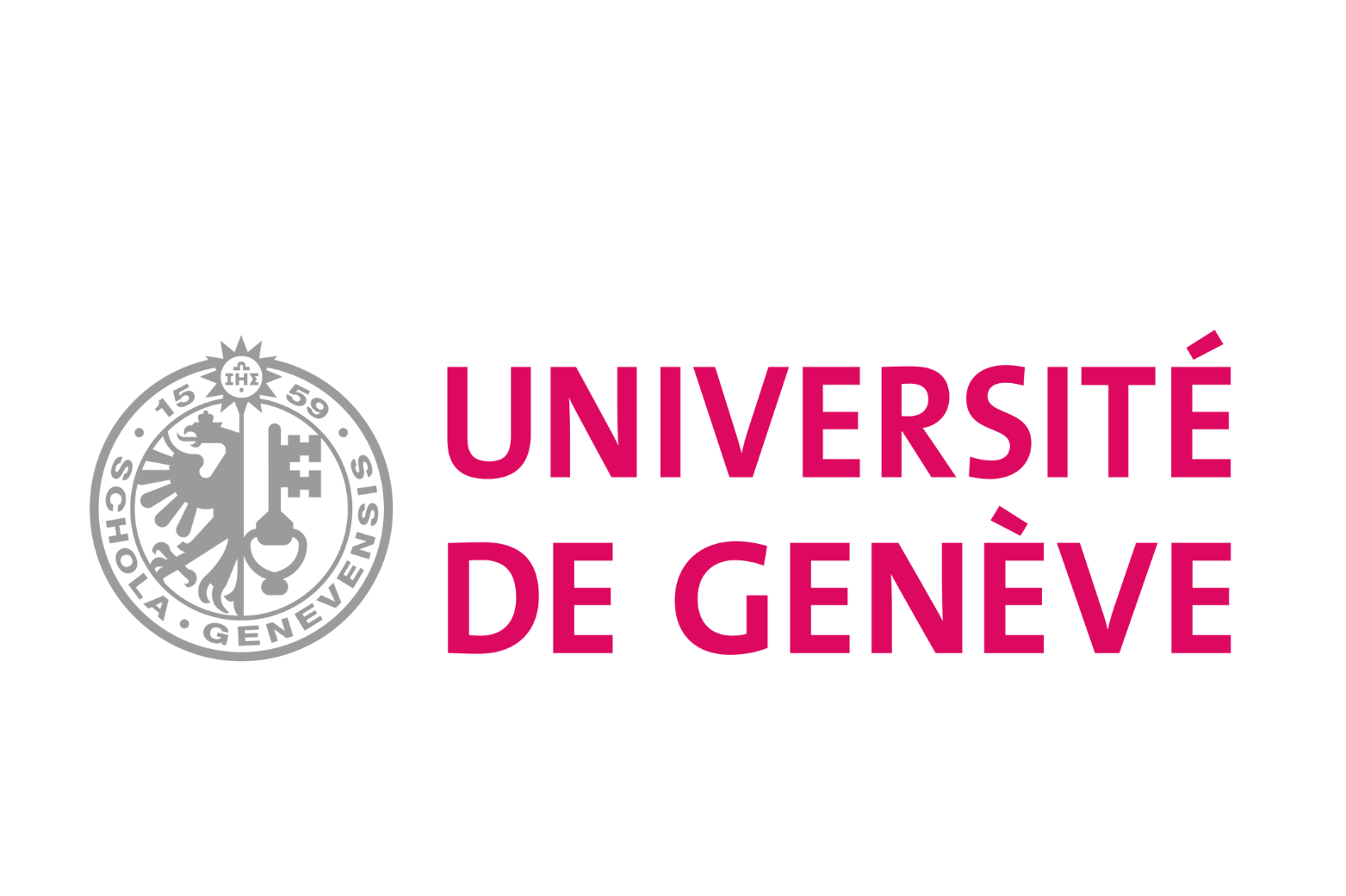Applications are invited for a fully funded 4-year PhD position at the Philosophy Department of the
University of Geneva, in the framework of the SNSF Starting Grant Project ‘Metaphysics We Can
Believe In’ (description of the project below).
The Geneva Philosophy Department is one of Europe’s leading centres for analytic philosophy. It is the
home of Eidos – the Centre for Metaphysics, Thumos – the Research group on Emotions, Values and
Norms, and of numerous third-party funded research projects in core areas of theoretical philosophy.
The selected candidate will have the opportunity to join an international community of scholars, and
to carry out their studies in a vibrant and friendly intellectual environment.
Responsibilities:
- Writing a doctoral dissertation on a topic in metaphysics, philosophy of mind, epistemology (or
at the intersection of these areas) under the supervision of Giovanni Merlo, with the possibility
of co-supervision by a permanent faculty member of the Geneva philosophy department;
- Participating in, and assisting in the organization of, the project’s research activities (reading
groups, conferences, workshops);
- Attending some of the main research events organized by the department (particularly, the
Eidos and Thumos seminars).
Requirements
- Master’s degree (or equivalent degree) in philosophy
- Fluency in English
Applications from members of underrepresented groups are especially welcome. While some minimal
overlap between the project and the topic of the dissertation would be desirable, the selected candidate will have complete autonomy to develop their own line of research.
Candidates are invited to consult Giovanni Merlo’s web page (www.giovannimerlo.com) and/or his PhilPapers profile for more information about his areas of interest and expertise.
Gross salary: Starting at approximately CHF 51’268 per year.
The position comes with a travel allowance for attending conferences and workshops.
Starting date: 1 March 2025, or shortly thereafter.
To apply: Candidates should submit their dossier as a single PDF file by sending an email to
giovanni.merlo@unige.ch with ‘PhD application’ in the subject line. The dossier should include:
(i) a cover letter describing the candidate’s background and profile, and the potential fit between
their interests and skills and the Starting Grant project;
(ii) a CV;
(iii) one writing sample (max. 10’000 words);
(iv) a research proposal for a possible doctoral thesis (max. 2-3 pages);
(v) the contact details of two possible academic references.
The deadline for applications is 30 November 2024. Early applications may be given priority.
For further inquiries, please contact Giovanni Merlo at giovanni.merlo@unige.ch
Metaphysics We Can Believe In
SNSF Starting Grant (University of Geneva, 2024-2029)
Much contemporary metaphysics aspires to provide us with an ‘absolute’ conception of reality – the
kind of conception that, much like a god’s eye perspective, does not reflect any particular standpoint
or location within the reality it describes. But is this a conception that any of us can rationally believe
in? The main hypothesis guiding this project is that it is not, and that – for this reason – metaphysicians
should replace the absolute conception with a very diƯerent, ‘perspectival’, image of reality.
In the first part of the project (Work Package 1: Incredible Metaphysics), we will look at the ways in
which philosophers have tried to square the absolute conception with the phenomenon of agential
and psychological perspectivality – roughly, the phenomenon whereby our everyday beliefs, emotions,
and actions are often directed at, or motivated by, contents whose correctness depends, or appear to
depend, on who we are and where, in space and time, we happen to be located. Three main absolutist
approaches will be examined: introducing ‘indexical’ ways of thinking about absolute matters
(Indexicalism), positing ‘perspectival propositions’ that are not made true or false simpliciter by any
facts (Relativism), or – the most radical one – enriching reality with a plethora of mutually incompatible
‘perspectival facts’ (Pluralism). For each approach, we will seek to show that, if a rational agent with
reasonably good self-knowledge and reasonably good intellectual capacities were to embrace the
approach in question and try to integrate its consequences into his or her belief network, he or she
would eventually arrive at a rationally untenable combination of commitments – as could be
expressed by claims like ‘There are no facts of such-and-such kind, but I am committed to believing
that there are’, or ‘There is no reason to act thus-and-so, but I should act thus-and-so’.
In the second part of this project (Work Package 2: Credible Metaphysics), we will aim to construct a
credible metaphysical alternative to the absolute conception. Two ideas will inform this construction.
First, that a credible metaphysics – a metaphysics we can rationally believe in – should admit at least
certain varieties of perspectival facts (namely, ‘tensed’ and ‘subjective’ ones), and do so – not in the
ecumenical fashion that characterizes the Pluralist Approach – but in a way that privileges exclusively
one’s own identity and temporal standpoint. Second, that – by exploiting a certain non-standard notion
of metaphysical reality – a perspectival metaphysics can go a long way towards vindicating the most
important intuitions supporting the absolute conception.
The third and last part of the project (Work Package 3: Credibility in Metaphysics) will be devoted to
clarifying the role of rational credibility as a criterion for theory choice in metaphysics. We will show
that the fact that a rational agent sharing our everyday beliefs, emotions, and patterns of action could
not coherently endorse a certain metaphysical view should, with some qualifications, count as a
decisive reason against that view. This will rule out various metametaphysical positions according to
which considerations of rational credibility should not guide metaphysical inquiry, or should at most
be treated as one factor among others in a cost/benefit analysis of a theory’s virtues and vices.
